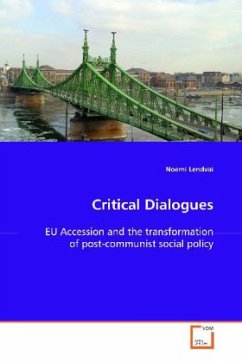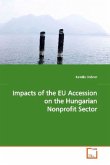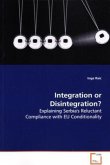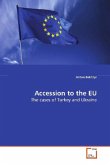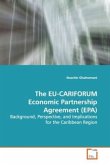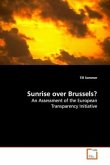The EU entered into a very unique and particular
landscape when ventured into the project of Eastern
Enlargement, and engaged in a political, economic,
social and cultural dialogue with the post-communist
countries. The book, taking the standpoint of the
candidate countries, aims to bring the indigenous
perspectives and voices of accession countries into
the academic forum. The EU Accession process is
conceptualised as a complex multi-dimensional project , which transforms perceptions, identities,
policy substance and policy formation, institutional
structures, discourses and most of all policy
meanings. Within this frame EU Accession is
understood as a meeting point of national and
supranational social policies and as a fragile
dialogue of these two systems, with two different
constructions, two different policymaking structures,
two different historical legacies and social policy
vocabulary. These two cultural systems , with their
different understandings and meanings, acts as a
mirror, making EU Accession a reflexive process,
which highlights fundamental capacities and
incapacities, institutional features, conceptual
frameworks and political constructions.
landscape when ventured into the project of Eastern
Enlargement, and engaged in a political, economic,
social and cultural dialogue with the post-communist
countries. The book, taking the standpoint of the
candidate countries, aims to bring the indigenous
perspectives and voices of accession countries into
the academic forum. The EU Accession process is
conceptualised as a complex multi-dimensional project , which transforms perceptions, identities,
policy substance and policy formation, institutional
structures, discourses and most of all policy
meanings. Within this frame EU Accession is
understood as a meeting point of national and
supranational social policies and as a fragile
dialogue of these two systems, with two different
constructions, two different policymaking structures,
two different historical legacies and social policy
vocabulary. These two cultural systems , with their
different understandings and meanings, acts as a
mirror, making EU Accession a reflexive process,
which highlights fundamental capacities and
incapacities, institutional features, conceptual
frameworks and political constructions.

